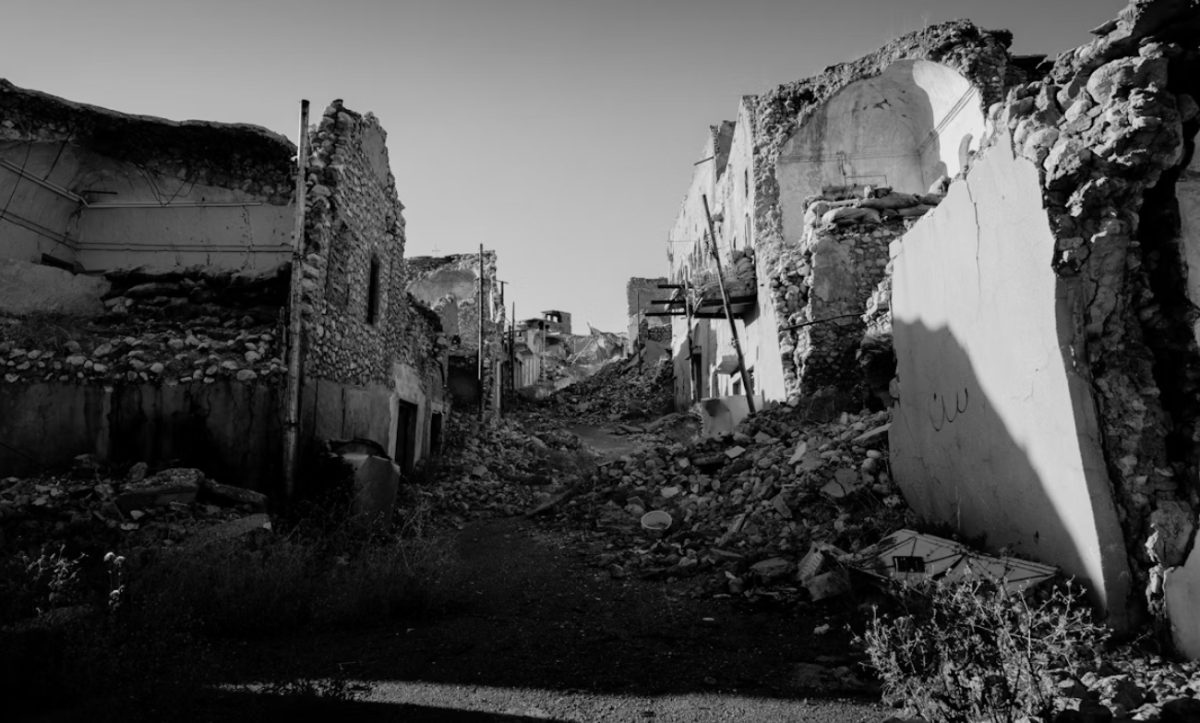This article was originally published by Cape Fear Voices/The Teen Scene. It has been republished with permission as part of We Are’s international student voice partnership.
What do you think of when you hear the word “journalism?” What about when you are doing research, what sources do you use? The word “relevance” in journalism is almost always crucial for a story to be a success. Society wants to read about personal interests while also keeping up with current events in the world around them.
WHQR, a member station of National Public Radio, that covers Southeastern North Carolina proved that relevance and community engagement is one of their priorities. On May 15, 2025, WHQR hosted an event at Brunswick Beer and Cider called “Beer with a Journalist in Brunswick County.” This event gave people from all over Brunswick County and the surrounding areas an opportunity to come together over drinks (not all were alcoholic) to discuss issues that they see in their community. There was also an opportunity to order the restaurant’s delicious food that was delivered directly to the table while attendees’ discussions continued.
Nikolai Mather, the host of the event and journalist for WHQR, began with an icebreaker to get rid of the nerves in the room when it came to talking with strangers and provide an opportunity for everyone to introduce themselves and tell a little bit about where they lived. It was a great segway into the next part of the event, when we were separated into groups to discuss issues in our community that we notice as citizens. We were free to talk about anything that we believed should be pertinent points in our local political leaders’ agendas.
At my table, we discussed the idea of how we (Brunswick County) support growth without pushing our long-time residents away. We discussed some potential solutions to flooding, how to pay for a new Cape Fear Memorial Bridge, and about phone bags that were implemented in some schools for the first time in the 2024-2025 school year. We came up with some “outside of the box” solutions while keeping in mind the idea that a lot of people in Brunswick County are on a fixed income and cannot afford increases to their taxes, etc.
After we discussed as one group, all of the groups came together to discuss what they had talked about in their respective individual groups to raise awareness for the issues that they recognized. The most common issue that residents who attended the event felt was most important in Brunswick County was healthcare, or a lack thereof. Additionally, they felt as though much more could be done to hasten response times and provide better and consistent training for first responders. It truly humanized the issues, as people shared both heartbreaking and admirable stories.
While everyone was describing what had happened at their table during their discussion, people from other tables were allowed to comment and ask questions to foster a deeper understanding of everyone’s concerns. More importantly, Community Advisory Board member for WHQR, Garrett Smith, was taking notes on everyone’s concerns, so that WHQR could take what their audience wanted to hear back to the studio and actually talk about it.
The event truly felt like a think tank, as people from all different backgrounds, different political views, and different opinions came together to discuss their ideas. However, they did it with one caveat. They did it respectfully by hearing all perspectives. The people who attended were there to ultimately, and hopefully, influence public policy and decision-making through their public radio station. It was truly a shining example of how people can communicate effectively to raise awareness.
WHQR took the ideas of people in the community to tailor their coverage to topics about which people really want to hear. They demonstrated relevance, one of the most important aspects of journalism, by stepping out in their community and just listening. To conclude, we told of our favorite thing that Brunswick County was doing. Overall, I would like to thank WHQR for hosting the event and for taking into consideration the journalism principle of relevance in listening to what the community had to say.








